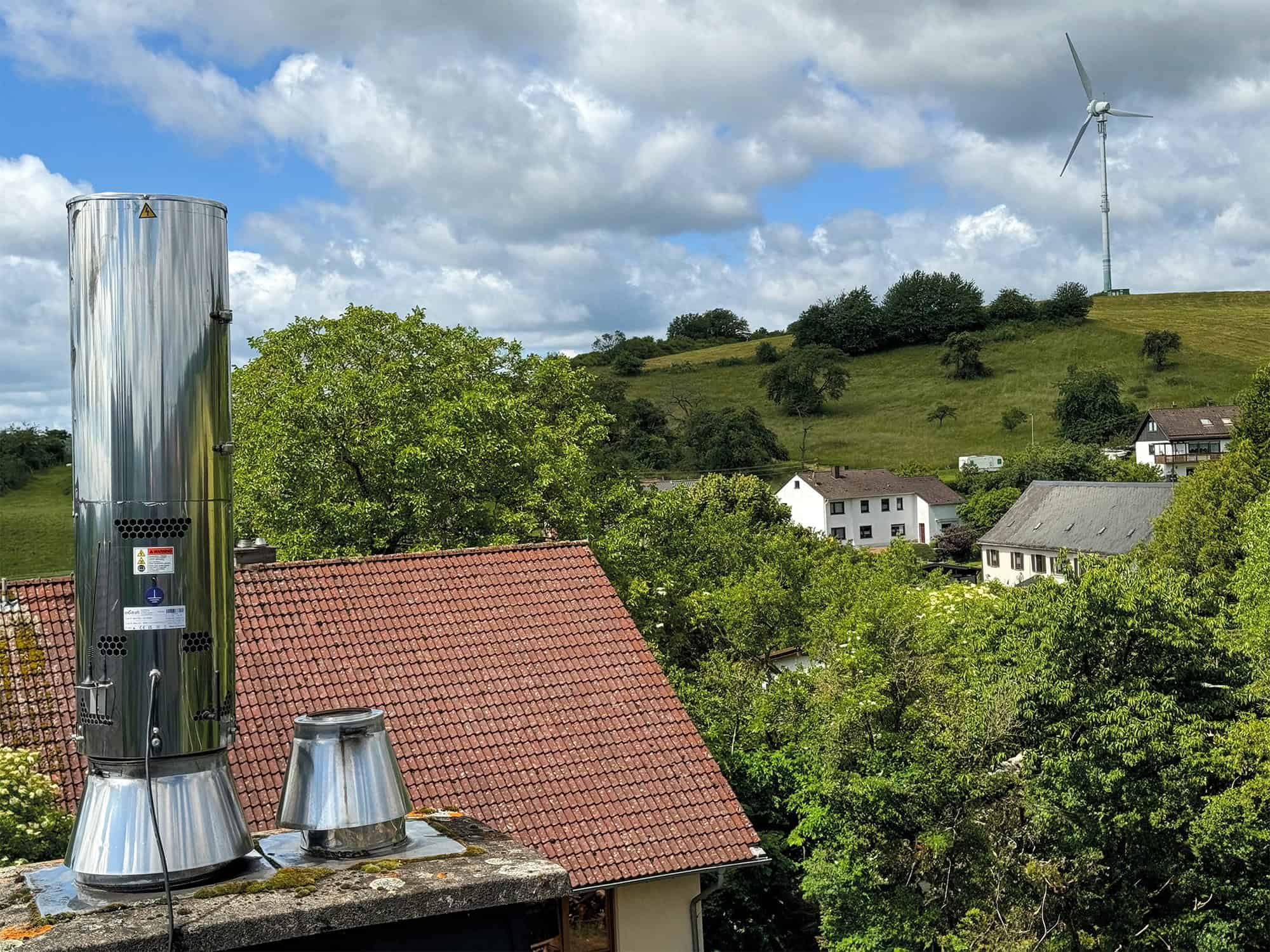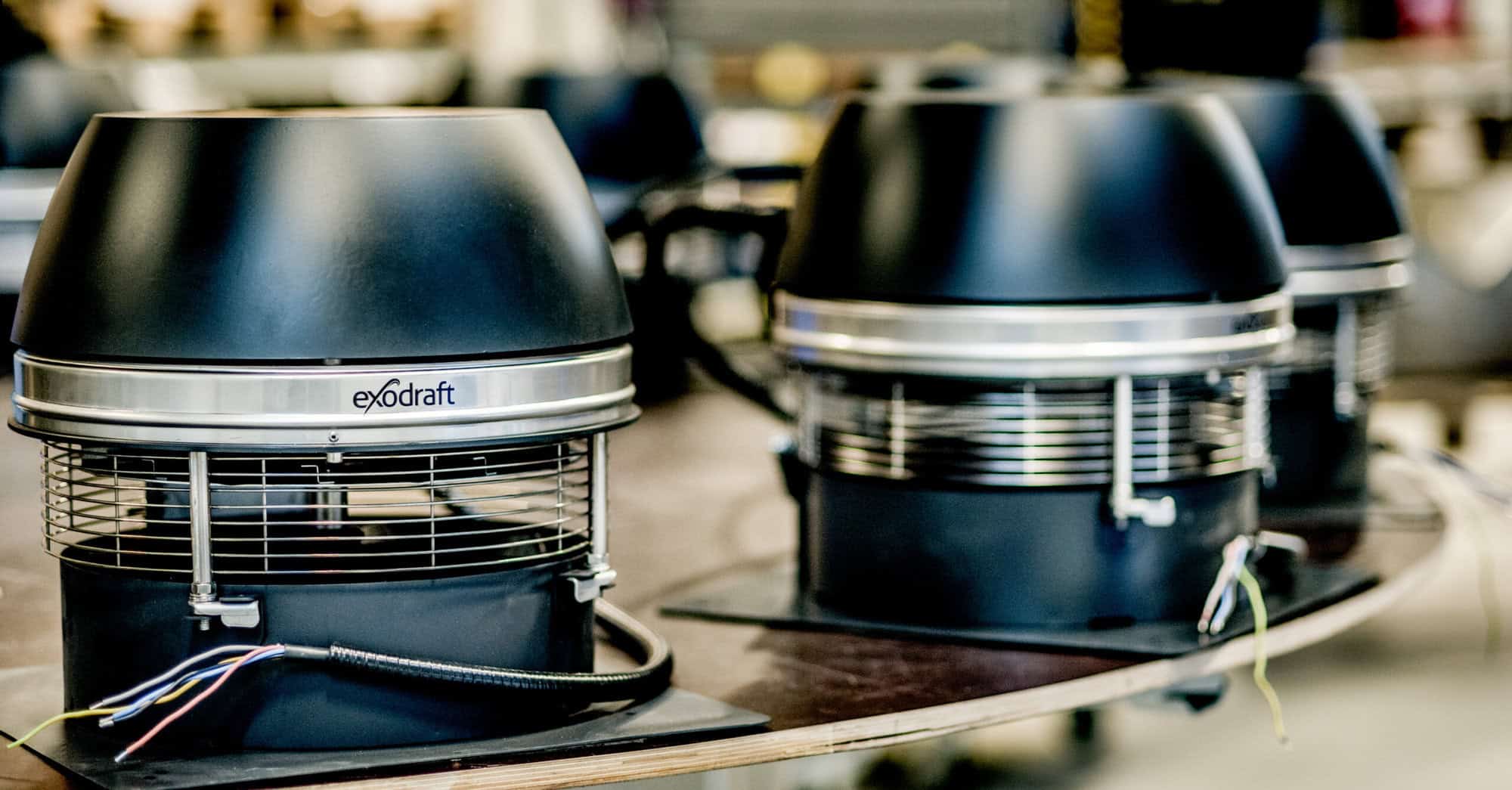
CAREER
Your career.
Optimized.
Join Exodraft and our shared
ambition to build the bridge to a CO₂-neutral
future with greener energy for everyone.
What is Energy Saving? Tips to Save Energy and Reduce Bills Effortlessly
In today's rapidly evolving world, the importance of energy saving has become more critical than ever. With rising energy costs and growing environmental concerns, individuals and businesses are increasingly searching for ways to save energy and reduce their utility bills. According to the U.S. Department of Energy, households can save up to 25% on their energy bills simply by making a few minor adjustments to their daily habits. This statistic underscores the potential impact of energy-saving strategies on both personal finances and environmental sustainability.

Experts in the field, such as Dr. Emily Turner, a prominent energy efficiency analyst at the Energy Research Institute, emphasize the need for practical solutions. She states, "Every small step towards energy efficiency can lead to significant savings and a healthier planet." Her insights reflect a consensus in the industry: adopting effective energy-saving tips not only helps consumers save money but also contributes to a more sustainable future.
This article aims to explore various strategies that individuals can implement to save energy effortlessly. From simple lifestyle changes to efficient appliances, we will outline practical tips that everyone can incorporate into their routines, ultimately leading to reduced energy consumption and lower bills.
Understanding the Concept of Energy Saving
Energy saving refers to the practice of using less energy to perform the same task, which can lead to reduced energy bills and a lesser environmental impact. Understanding energy saving is crucial, as it not only helps individuals save on costs but also contributes to broader sustainability efforts. According to the U.S. Department of Energy, energy efficiency improvements can reduce household energy use by up to 25% or more. This highlights that even small changes, such as switching to LED lighting or using energy-efficient appliances, can make a significant difference.
In practice, energy saving involves a range of strategies, from adopting better insulation techniques to using programmable thermostats. The International Energy Agency emphasizes that enhancing energy efficiency in buildings alone has the potential to cut global energy demand by over 20% by 2040. Furthermore, incorporating renewable energy sources into daily energy consumption can drastically lower fossil fuel reliance. For example, transitioning to solar panels can result in a significant decrease in annual electricity costs while promoting cleaner production methods. The cumulative impact of these strategies showcases the importance of integrating energy-saving habits into our daily lives, fostering a sustainable future.
Energy Saving Tips and Their Impact on Monthly Bills
The Importance of Energy Efficiency for Households
The importance of energy efficiency for households cannot be overstated, especially in today's economic climate where rising energy costs are a concern for many families. According to the U.S. Department of Energy, improving energy efficiency in homes can lead to substantial savings—up to 30% on utility bills. This not only alleviates the financial burden on households but also contributes significantly to environmental sustainability by reducing greenhouse gas emissions associated with energy production.
Implementing energy-efficient practices can be straightforward and incredibly effective. Simple measures, such as switching to LED lighting can save approximately 75% more energy than traditional incandescent bulbs. Additionally, programs like the Energy Star initiative report that if every American home replaced just one incandescent light bulb with an Energy Star bulb, it would prevent greenhouse gases equivalent to the emissions from about 800,000 cars. Beyond lighting, homeowners can also enhance efficiency by properly insulating their homes and utilizing smart thermostats, which can lead to further energy savings and reduced bills.
Practical Strategies for Reducing Energy Consumption
Energy saving is an essential practice in today’s world, and implementing practical strategies can significantly reduce consumption and lower monthly bills. One effective approach is to invest in energy-efficient appliances that use less electricity, such as LED lighting and Energy Star-rated products. These devices not only consume less power, but they also have longer lifespans, contributing to overall savings over time. Additionally, regularly maintaining your heating and cooling systems ensures they operate optimally, further enhancing efficiency.
Another straightforward tactic is to adjust daily habits. Simple changes like unplugging devices when not in use, utilizing natural sunlight, and setting thermostats wisely can make a big difference. For instance, turning down the thermostat by a couple of degrees in winter and raising it slightly in summer can result in substantial energy savings. Lastly, incorporating smart home technology enables better control over energy use, allowing users to monitor and adjust consumption effortlessly, leading to a more sustainable lifestyle.
Simple Habits to Lower Your Energy Bills
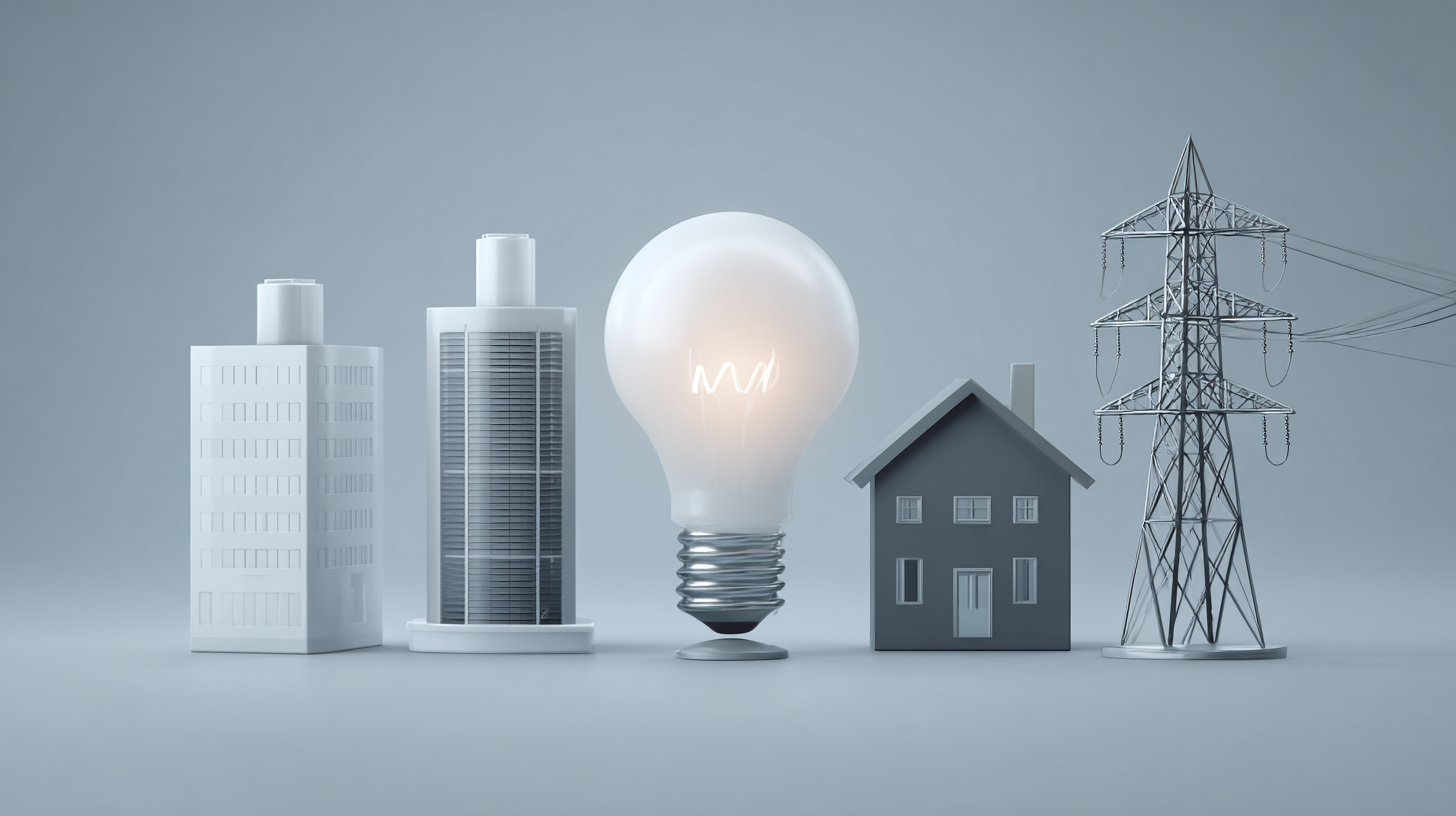 Saving energy is not only beneficial for the environment but also for your wallet. One of the simplest habits to adopt is being mindful of your electricity usage throughout the day. For instance, turning off lights in unoccupied rooms, unplugging devices when they're not in use, and using energy-efficient bulbs can significantly reduce energy consumption. Implementing smart power strips can help manage devices that draw energy even when turned off, further cutting down on unnecessary expenses.
Saving energy is not only beneficial for the environment but also for your wallet. One of the simplest habits to adopt is being mindful of your electricity usage throughout the day. For instance, turning off lights in unoccupied rooms, unplugging devices when they're not in use, and using energy-efficient bulbs can significantly reduce energy consumption. Implementing smart power strips can help manage devices that draw energy even when turned off, further cutting down on unnecessary expenses.
Adjusting your thermostat settings is another effective way to lower energy bills. In the winter, setting your thermostat a few degrees lower while wearing warmer clothing can make a noticeable difference. Similarly, in the summer, raising the temperature by a few degrees can save energy while keeping your home comfortable. Additionally, using fans to circulate air can help reduce reliance on air conditioning, leading to substantial savings. These simple yet impactful habits can contribute to a more energy-efficient lifestyle without compromising comfort.
Innovative Technologies for Enhancing Energy Savings
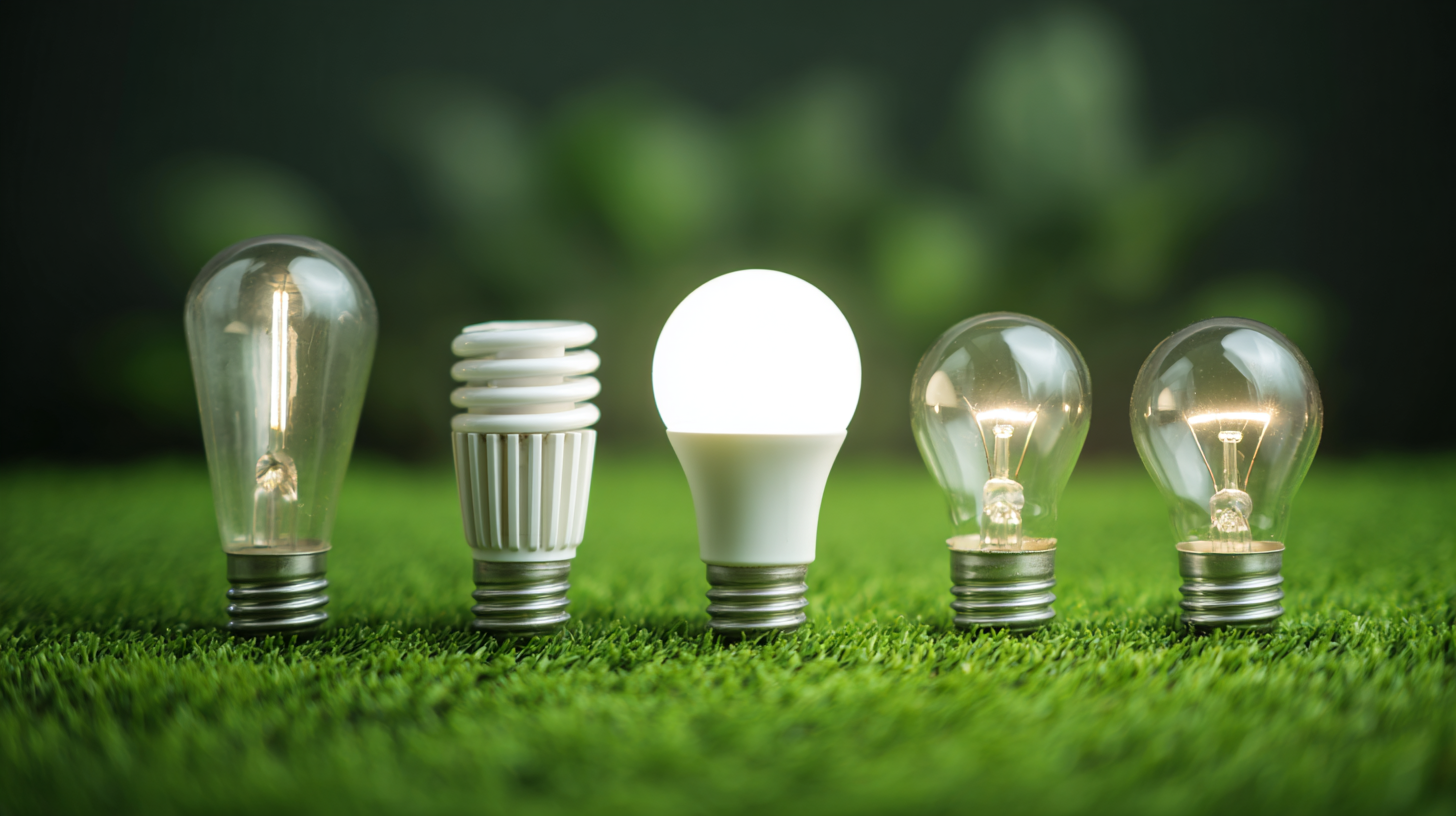 Innovative technologies are playing a crucial role in enhancing energy savings across various sectors. Smart home devices, for instance, have revolutionized how we manage energy consumption.
Thermostats that learn from user behavior can automatically adjust temperatures for optimum efficiency, significantly reducing heating and cooling costs. Additionally, smart lighting systems enable users to control their lights remotely, utilizing energy only when necessary, which directly translates to lower electricity bills.
Innovative technologies are playing a crucial role in enhancing energy savings across various sectors. Smart home devices, for instance, have revolutionized how we manage energy consumption.
Thermostats that learn from user behavior can automatically adjust temperatures for optimum efficiency, significantly reducing heating and cooling costs. Additionally, smart lighting systems enable users to control their lights remotely, utilizing energy only when necessary, which directly translates to lower electricity bills.
Another exciting development is the integration of renewable energy sources, such as solar panels and wind turbines, into residential and commercial properties. These technologies not only generate sustainable energy but also provide homeowners and businesses the potential to sell excess electricity back to the grid. Coupled with advancements in energy storage systems, such as batteries, these solutions offer a more resilient and economically viable way to consume energy. As innovations continue to emerge, the pathways to effortless energy savings are expanding, empowering individuals and businesses to reduce their carbon footprint while enhancing their financial well-being.
Related Posts
-

Top 5 Essential Benefits of Using a Gas Chimney for Your Home
-

2025 Top 5 Fuel Efficient Vehicles to Maximize Your Savings and Eco-Friendly Driving
-

Unlocking Energy Efficiency: Innovative Waste Heat Recovery Solutions for Sustainable Industries
-
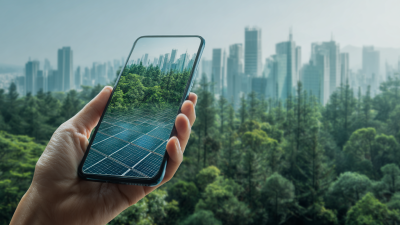
Unlocking the Future: Innovative Energy Sources Transforming Our World

